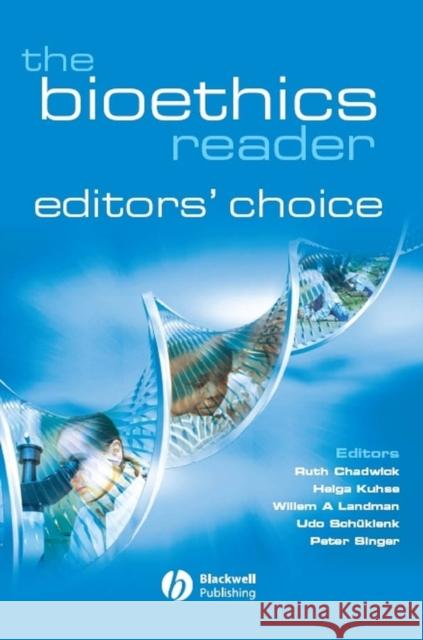Bioethics Reader » książka
topmenu
Bioethics Reader
ISBN-13: 9781405175227 / Angielski / Miękka / 2007 / 624 str.
A collection celebrating some of the best essays from the Blackwell journals, Bioethics and Developing World Bioethics.
- Contributors include Helga Kuhse, Michael Selgelid and Baroness Mary Warnock, former Chair of the British Government's Committee of Inquiry into Human Fertilization and Embryology's.
- Traces some of the most important concerns of the 1980s, such as the ethics of euthanasia, reproductive technologies, the allocation of scarce medical resources, surrogate motherhood, through to a range of new issues debated today, particularly in the field of genetics.
- Includes contributions that are still as hotly debated today as they were 20 years ago and serves as a salutary reminder that free and open discussion is vital to the health of the discipline itself.
- Includes eight sections comprising some of the journals' best publications in methodological issues, the health care professional-patient relationship, public health ethics, research ethics, genetics, as well as beginning- and end-of-life issues.
- Will serve the academic bioethicists as well as students of bioethics as an excellent source book.











